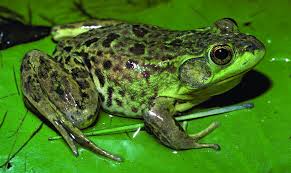My poetry is stored by files based on the year the poem was written. Currently that means both a physical file with paper and a file on a Scrivener project. Recently I was sorting through and organizing my 2015 poems. I decided to add a page with a list of all the poems in the file to simplify searching for a given poem. And so I discovered I wrote 37 poems last year.
That’s not a lot— but it is a good output compared to some years. My problem is my Aspie disorganization. Some days, weeks and months I write poems regularly— and then I get distracted by the many other goals and don’t write poems at all.
Recently I read a book called The Miracle Morning for Writers and was inspired to put together a morning ritual which includes certain activities (like exercise on my elliptical) and leads to a session of writing. This seems to be working if only I can keep it up.
So I’m setting a goal for my poetry writing this year. I want to make it to one hundred poems this year. I currently have only 16— but this morning I wrote three. OK, one was a senryu (haiku) that I’ve already tweeted under #2Apoems (Second Amendment poems), but I got it done.
How does your writing output look? If you feel you are not getting enough done, here are some things to help you do more.
- Monitor your output. Make a chart or a list or something to make it easier to see how many writing projects — poems, short stories, novels— you have finished each week, month or year.
- Set a reasonable goal for yourself this year— something that’s a challenge for you, but not something you feel is impossible, like writing 20 novels in a year when you have never finished even one.
- Don’t just beat yourself up for the times you haven’t finished enough writing projects. Praise yourself for the times when you’ve done a lot. Perhaps set up an awards system— when you have finished 10 poems or three short stories, you can buy yourself a new ebook. Or chocolate. Or go to a movie.
- Think about your work habits. When do you write? What triggers a writing session? If you only write when you feel like it, what things/circumstances tend to make you feel like it?
- If finishing things is a major problem as it is for a lot of people with Asperger’s/autism, try shorter projects— poems, flash fiction, short stories. Things you can finish.
- Create a ritual for a daily writing session, ideally in the morning, connected to your daily habits. For example, you might decide that right after breakfast you will sit down and work on your writing until you have finished one poem, or 2 haiku, or one work of flash fiction.













